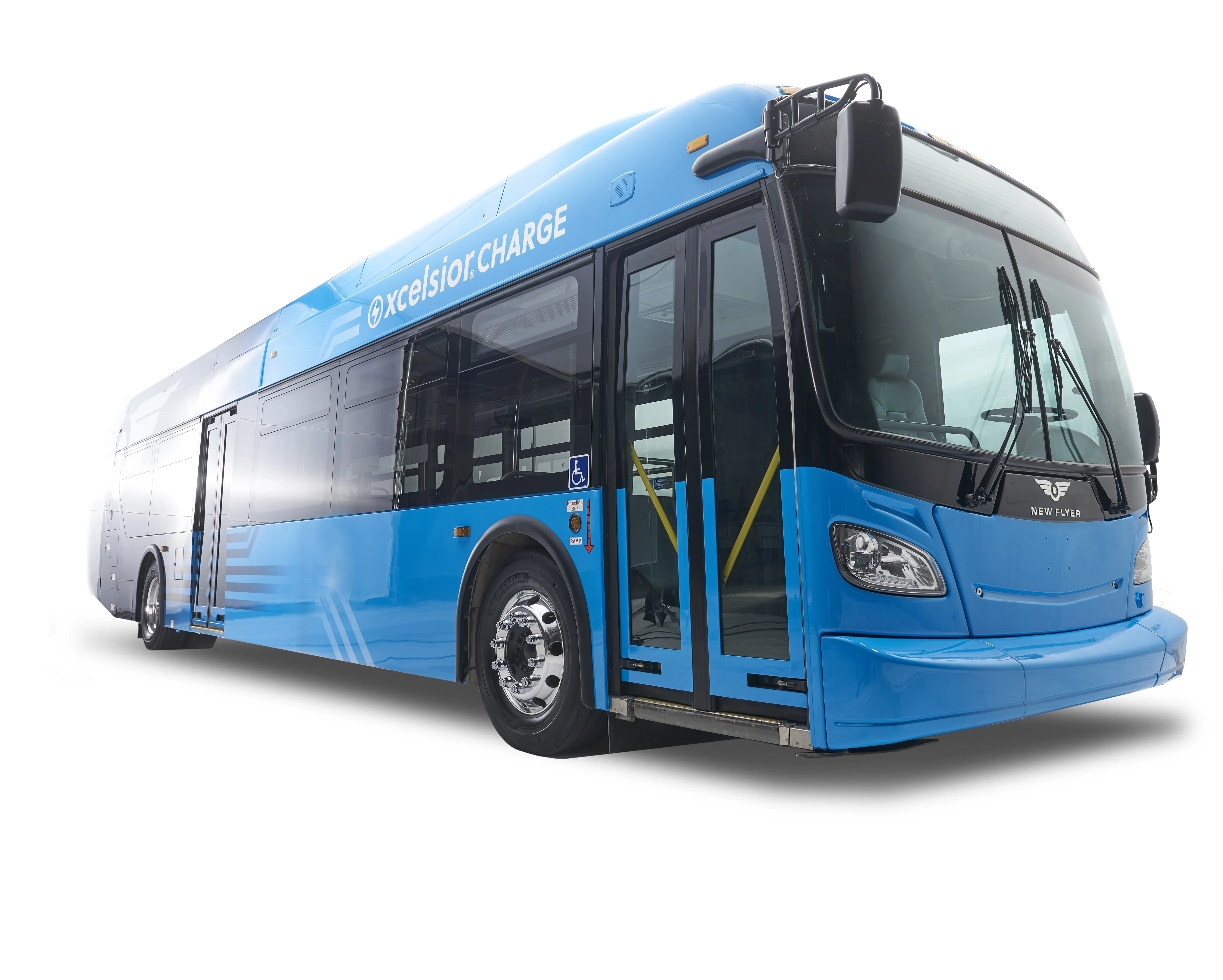Daimler Trucks has become the world’s first manufacturer to be granted a road licence for an autonomous heavy-duty truck. The state of Nevada licensed two Freightliner Inspiration trucks for regular operation on public roads.
The first journey in the Freightliner Inspiration truck equipped with the intelligent Highway Pilot system for autonomous driving took place on US highway 15 in Las Vegas.
May 20, 2015
Read time: 2 mins
The first journey in the Freightliner Inspiration truck equipped with the intelligent Highway Pilot system for autonomous driving took place on US highway 15 in Las Vegas.
In July of last year, Daimler Trucks provided the world’s first demonstration of an autonomous truck in action when the Mercedes-Benz Future Truck 2025 drove along a cordoned-off section of the A14 autobahn near Magdeburg. In the last few months the technology has been tested over many thousands of kilometres and configured for use in US highway traffic.
The Freightliner Inspiration Truck is based on the series-produced US Freightliner Cascadia Evolution model, with the addition of the Highway Pilot technology. This comprises a front radar and stereo camera plus tried-and-tested assistance systems such as the Adaptive Cruise Control+, as seen in the Mercedes-Benz Actros. The technology was further developed and extensively tested for licensing on public roads in Nevada.
“Our Freightliner Inspiration Truck is the world’s first autonomous commercial vehicle to be licensed for road use. Our achievement here underlines yet again our role as a technological pioneer and demonstrates our consistent dedication to develop the technology for autonomous long-distance driving to series production standard,” stated Dr Wolfgang Bernhard, Daimler AG board member responsible for trucks and buses.
“We are in a unique position among manufacturers that we are able to implement technologies across all business units and brands. We have transferred our Highway Pilot system to our US Freightliner brand within a very short time frame and developed it for the world´s first autonomous truck to be licensed for road use,” reports Dr Bernhard.









